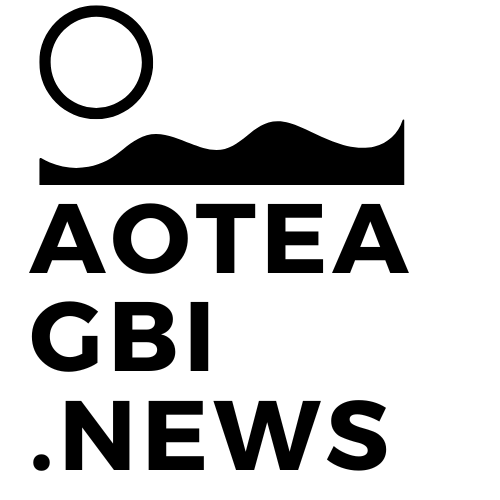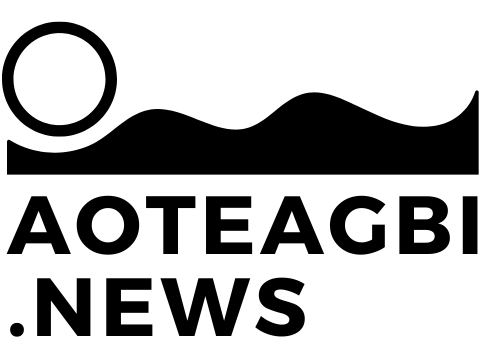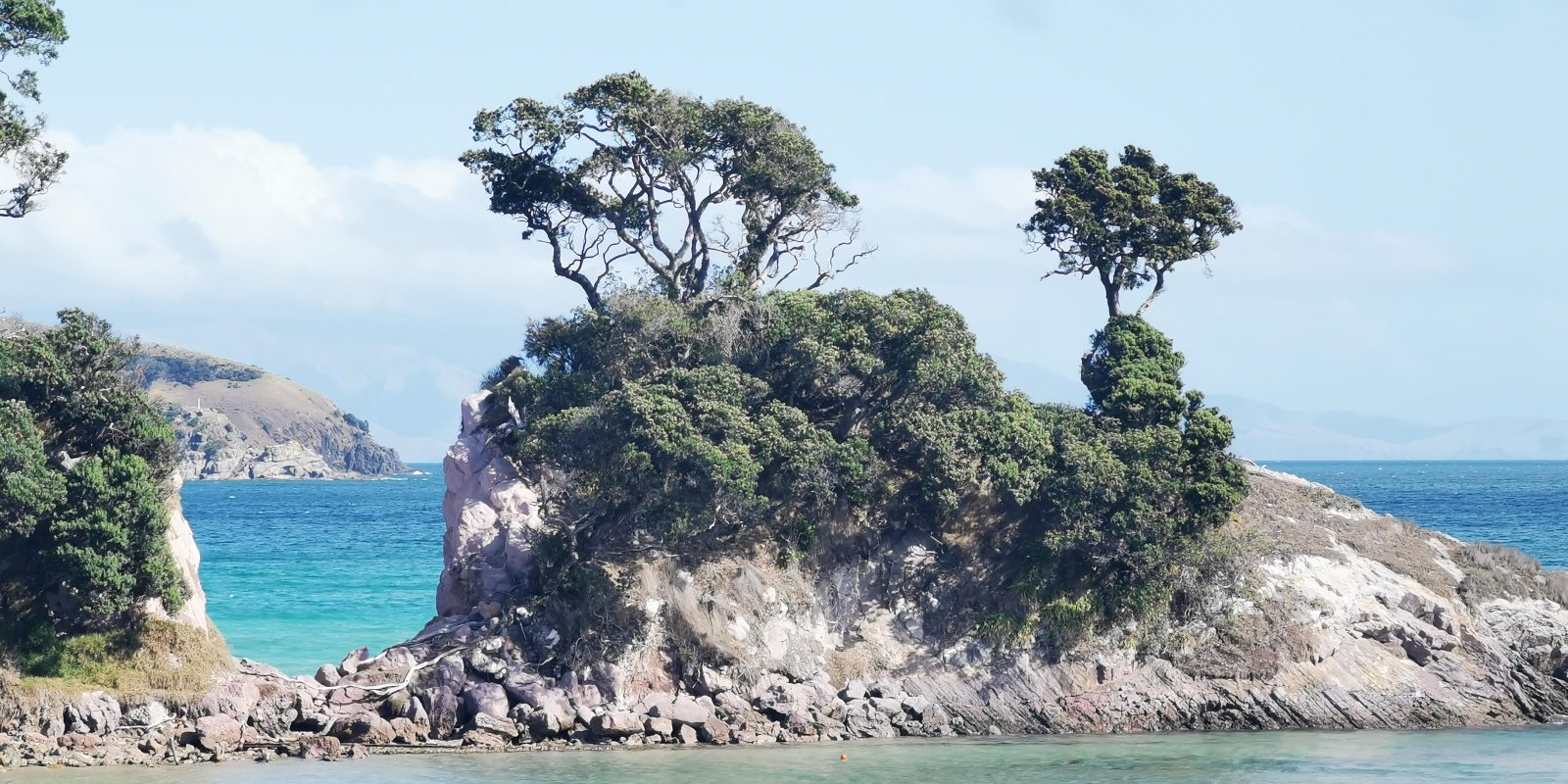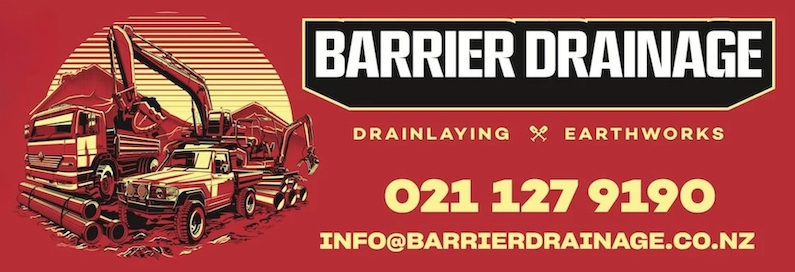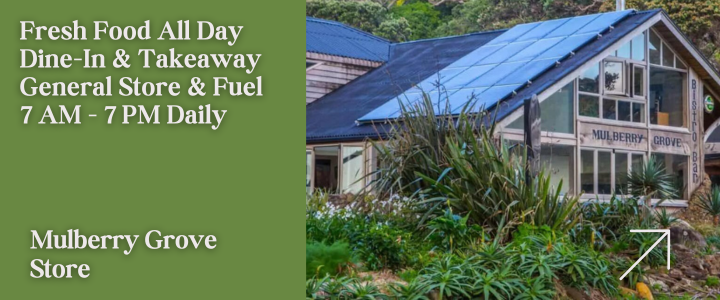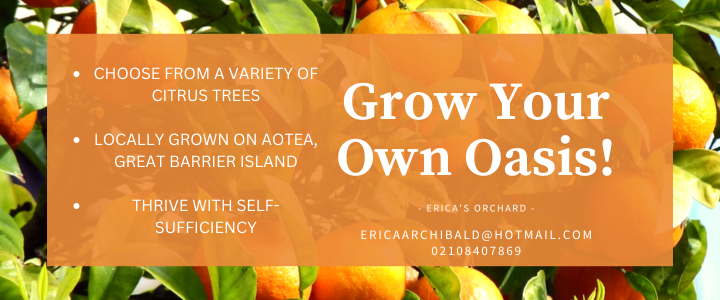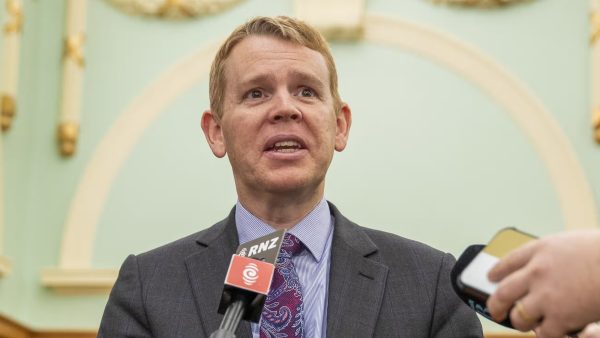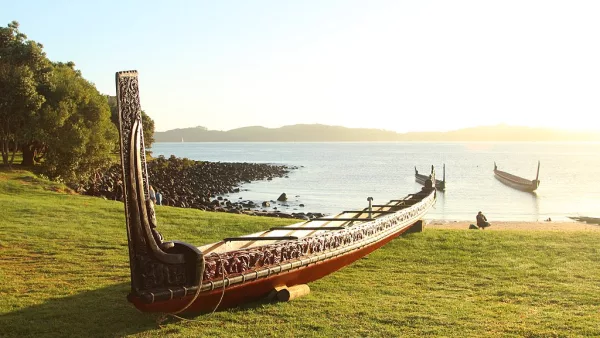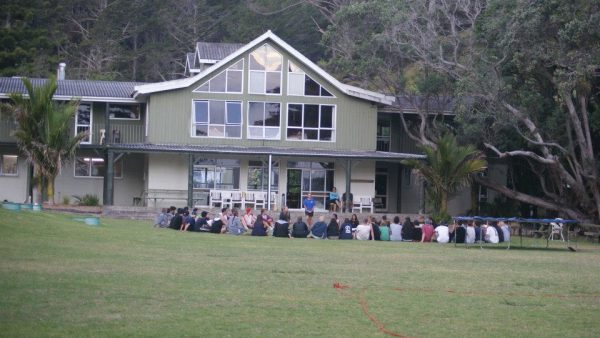EDITORIAL: Aotea has been thrust into a debate that cuts to the core of our community’s future, sparked by a controversial ‘destination management plan‘ and a podcast that followed a divisive hui. The plan, shaped by a consultant from an Australian firm who barely spent a day on our soil, suggests reducing our focus on tourism without considering the social repercussions it would bring to our community.
At the hui, facilitated by the local board and Tātaki Auckland Unlimited, the atmosphere was tense, leading to a walkout by a significant number of attendees 10 minutes in. The meeting was supposed to gather community input; instead, it showcased a rift between the decision-makers and stakeholders of the motu.
An effort to clarify intentions on Aotea FM did little to bridge the gap. Instead of addressing the economic and social concerns raised by a plan to taper tourism, discussions veered into esoteric debates about tourism’s philosophical implications.
The board representative stated visitors come to Great Barrier Island to ‘get to know yourself again’. One wonders how that negates the need for food, water, or a bed. The stance ignored almost entirely the role local businesses play, not just in the economy, but in the fabric of our community life.
Adam, a cornerstone of the motu as the volunteer ambulance officer, highlighted a stark reality. His accommodation business, like many others, is under threat. The lifeblood (literally) of our island, provided by tourists is at risk of drying up. Yet, his genuine concern received barely two minutes of attention in a 35-minute discussion that, at times, resembled hallucinogenic delirium.
The concept of ‘slow tourism’ was floated by the host. The Tātaki rep suggested businesses should shut down on a rotational basis. How did they not know we’d already tried that? It’s a luxury idea for those who don’t have to worry about where their next meal is coming from. It’s not practical.
Less people is not a good thing.
Great Barrier Island definitely faces daunting challenges. Tourism emerges not as a problem but as a solution. It’s absurd Tātaki—the organization charged with selling us as a tourism hotspot is practically campaigning for less tourism. And the board, supposed guardians of our economic prosperity, appear focused on shrinking it.
Aotea holds the unenviable title for some of the highest rates of drug misuse—not the fun ones, but those that devastate lives. Compounding this is our status as (reportedly) having the highest suicide rate in the country.
These issues are intricately linked with our alarmingly high unemployment rates, the highest within Auckland. That’s just a fact, proved study-after-study. It’s cliched, but there is Mana in Mahi. This correlation between drug use, suicide, and unemployment underscores the lie which we tell ourselves. Isolation makes life better.
Since COVID-19 and caulerpa, the path of diminished work, less visitors, less venues where people get out and socialise has proven disastrous for our wellbeing. If it hadn’t, we’d have the best social statistics in the country, not the worst. Tourism is about more than butts in beds, or at restaurants, it’s the heartbeat of our community. When it’s stronger, we are too.
The push for a tourism model that essentially excludes growth and opportunity, directly impacts our youth and those with the energy and desire to forge a vibrant future here. Like the podcast, we are plagued by frequently older know-it-alls determined to block progress and maintain the status quo. They insist on holding the pou, demanding silence from the rest of us who are invested in the island’s future.
As we ponder that future, we should remember the role of community and connectivity. The hermits might relish the thought of an island untouched by tourism and economic activity, but the nature of such a shortsighted vision is usually only pulled into focus when they reach out for essential services, like an ambulance, and nobody picks up.
